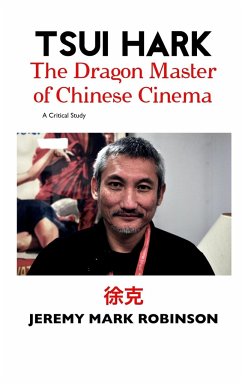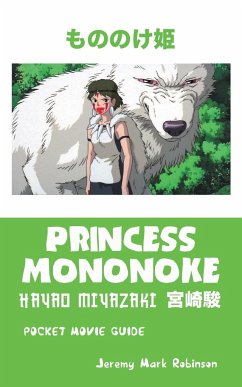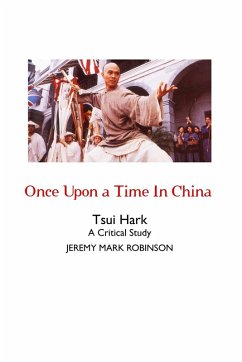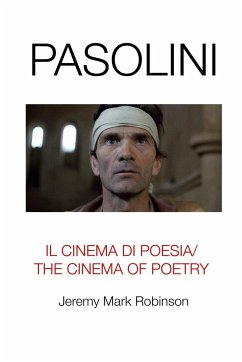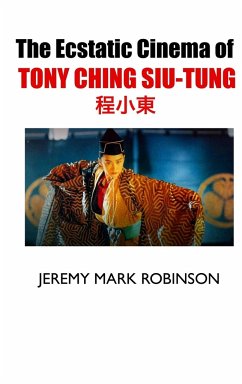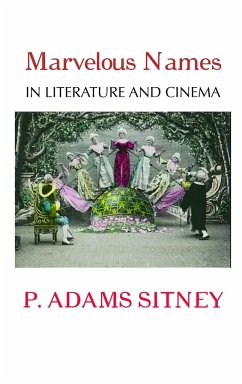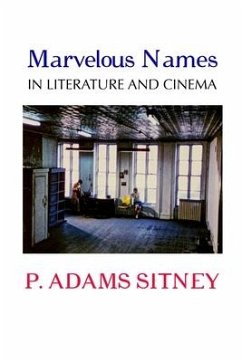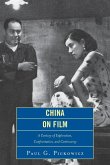TSUI HARK: THE DRAGON MASTER OF CHINESE CINEMA: A Critical Study ¿¿¿¿¿ By Jeremy Mark Robinson ¿¿¿¿¿ Tsui Hark is the dragon master of Chinese cinema (Stephen Teo calls Tsui a 'lion dancer among film directors'). Yes - a master, a lion dancer, a sifu, a wizard, a dragon. ¿¿¿¿¿ Tsui Hark is a one-man film industry - as a glance as his list of credits will show, along with setting up his own film company in 1983, Film Workshop. Tsui Hark directs movies like a force of nature. The energy coming off the screen is stupendous. He is a fearless filmmaker, willing to try anything to get a good shot. That feeling of fearlessness, and wildness, coupled with imagination and technical brilliance makes Tsui an incredibly formidable filmmaker. There are very few filmmakers on the scene today with those qualities in such abundance. When you come back to a Tsui Hark picture after looking at other movies for a while, you realize that this guy is so passionate about cinema, so willing to try anything, to experiment, to push the boundaries of what cinema can do, of what cinema can be. This man is on fire. Tsui Hark was born on January 2, 1951 (or February 15; some sources say 1950), in French Cochin China (Saigon, Vietnam). His name was originally Tsui Man-kong (he also been known as Mark Yu). In Cantonese, his name is Chui Hak; in Mandarin, it's Xu Ke. He had sixteen siblings (from three marriages). His father was a pharmacist. Tsui changed his name from 'Tsui Man-kong' to 'Tsui Hark' because he thought it was too soft, and for his 'King Kong' nickname. Tsui grew up in Saigon until the family moved to Hong Kong in 1966 (Tsui said he migrated around the age of 13, which make it 1964; others say he was 14).As a producer, Tsui Hark has been responsible for masterpieces including: the Better Tomorrow series, the Chinese Ghost Story series, the Swordsman series, New Dragon Gate Inn and The Killer, plus a host of hugely enjoyable films, such as: Once Upon a Time in China 4, Once Upon a Time In China 6, Vampire Hunters and Black Mask. Directors often work in contrasts - if they've just done a comedy, they might fancy a drama next. Tsui wanted to do something silly after his first three movies, which were 'very serious and very depressing'. Hence All the Wrong Clues, which was his first commercial hit (in 1981). And since then, Tsui had rarely let a year pass without releasing a movie as a director or producer (sometimes two! Sometimes three!). By 2014, Tsui had directed around 43 feature films. They include the Once Upon a Time In China series, the Detective Dee series, Blade, We're Going To Eat You, The Master, Zu: Warriors From the Magic Mountain, A Better Tomorrow 3, Green Snake, The Lovers, Seven Swords, Journey To the West, Shanghai Blues and Peking Opera Blues. ¿¿¿¿¿ Fully illustrated in colour, with over 240 images from the films of Tsui Hark and other Chinese and Hong Kong productions. With filmography, bibliography and notes. 712 pages. Hardcover, with a full colour laminate cover, and a color jacket (flyleaf). www.crmoon.com
Hinweis: Dieser Artikel kann nur an eine deutsche Lieferadresse ausgeliefert werden.
Hinweis: Dieser Artikel kann nur an eine deutsche Lieferadresse ausgeliefert werden.

